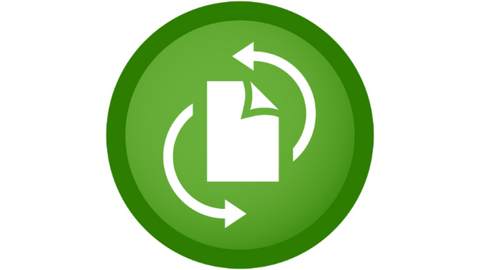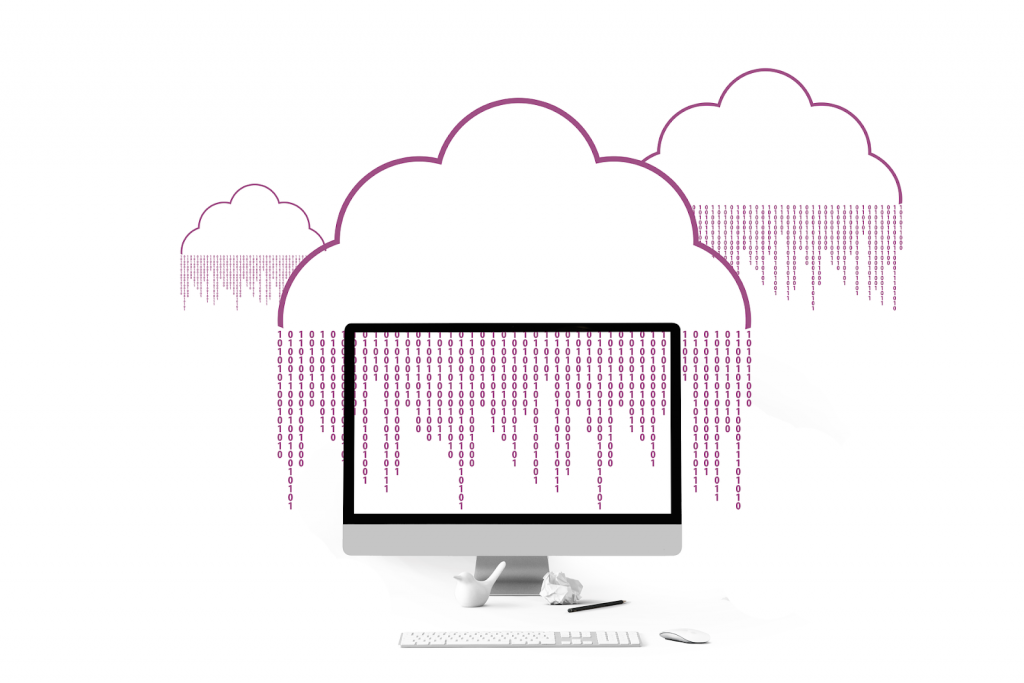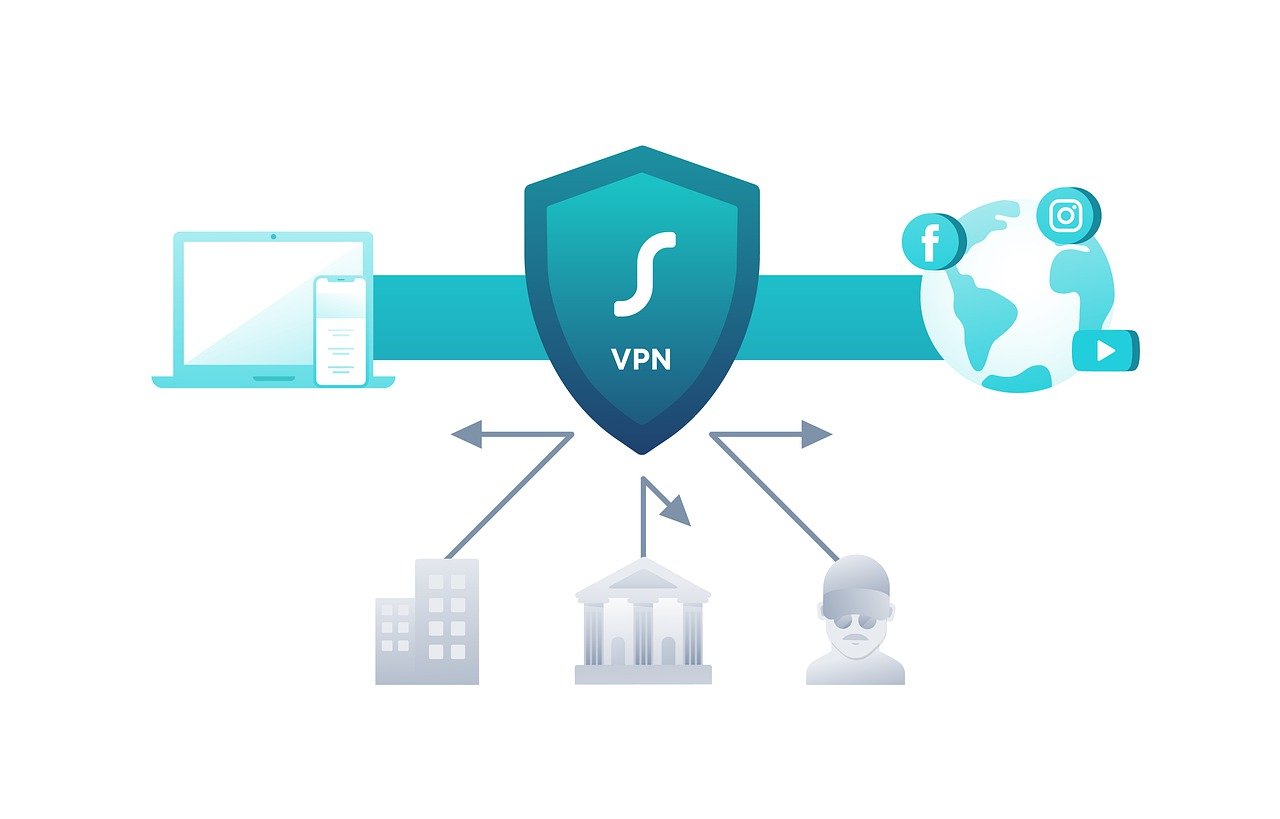I will show you how to keep your cloud storage safe and secure.
Cloud storage has become the norm, and we seldom take extra cybersecurity precautions. The cloud is a virtual platform where individuals and small companies can store data.
Numerous security threats face your data even when it is on the cloud, and you need to be aware of them and how to mitigate them.
READ ALSO: Cloud Storage Guide For Businesses and Individuals
Table of Contents
Best Cloud Storage Deals
Security Threats Facing Cloud Service Users
Malware Infections
The massive data volumes on the cloud require an internet connection, which means anyone using cloud storage is at risk of cyberattacks. One of the most common cyber threats is DDoS (Distributed Denial of Service), where hackers flood a web-based application with unprecedented traffic, crashing its servers.
Data Breaches
Cloud computing involves the customer ceding control of their data to the cloud service provider. On the one hand, this may allow the customer to focus their time and resources on their core business.
On the other hand, the risk that the customers’ sensitive data is in someone else’s hands is always a risk. For example, if the cloud provider’s security faced a breach, the hacker could get their hands on IP (intellectual property) or other confidential files.
Unauthorized access
There is increasing data protection legislation, and compliance becomes more challenging. Organizations need rules governing who gets access to data and what they can do with it.
Since cloud computing allows easy access to data, monitoring who accesses this data becomes a challenge. This especially applies if you are in an industry that regulates data security, like banking, government, healthcare, etc.
Risk of Availability
No service can promise you a hundred percent uptime. Relying on cloud services for critical business tasks means placing your business viability in the hands of your ISP and the cloud provider.
If you lose access to your Internet, your cloud service suffers, too, and you cannot access your data on the cloud. This means you must wait until the Internet is back for your business to continue, mainly if you rely on the Internet to process client payments.
How Users Can Secure Their Devices
Use a VPN
A VPN (Virtual Private Network) secures your access to the cloud by encrypting your files on your devices and the cloud. VPNs use military-grade encryption standards, ensuring your service provider or third parties cannot access your private files.
A simple VPN download will quickly secure your data against cyber attacks like DDoS.
You can also use a cloud service that provides encryption and decryption as part of the storage and backup package. The service caters to encrypting your files on your devices and storing them securely on the cloud.
Multi-factor Authentication
Multi-factor or two-step authentication allows you to use an extra form of identification other than the regular password. When using multi-factor authentication, you key in your regular password, and an OTP (one-time-password) is sent to a trusted device, which you then enter.
In addition, some cloud storage will also allow you to use biometric authentication such as fingerprint scan, retina scan, facial or voice recognition.
Employee Training
The human element is one of the weakest links between data security and cyber-attacks. When malware enters your system, someone clicks on a link or downloads an attachment.
Therefore, employees in an organization need to be trained to spot suspicious emails, attachments, and links that could be potentially malware-infected.
READ ALSO: Identity Theft: How To Safeguard Your Personal Information
How To Keep Your Cloud Storage Safe And Secure: FAQs
What are some essential security measures for cloud storage?
- Strong Passwords: Use unique and complex passwords for your cloud storage accounts. Consider a password manager for generating and storing strong passwords.
- Two-Factor Authentication (2FA): Enable 2FA for an extra layer of security. This usually involves a code sent to your phone or generated by an app in addition to your password.
- Encryption: Many cloud storage services offer encryption options to scramble your data before storing it, making it unreadable to unauthorized users. Consider encrypting sensitive files before uploading them.
How can I control who accesses my cloud storage files?
- Access Controls: Most cloud storage services allow you to set access permissions for your files. You can control who can view, edit, or share your files.
- Sharing Limits: Be cautious when sharing files. Restrict access to only those who genuinely need it. Avoid blanket sharing permissions.
- Public vs. Private Storage: Some cloud storage services offer public and private storage options. Use private storage for sensitive data and limit public storage to files you intend to share openly.
What should I avoid storing in the cloud?
- Highly Sensitive Information: For susceptible data like financial documents, passports, or social security numbers, consider alternative secure storage options like encrypted local drives.
- Copyright-Protected Material: Refrain from storing copyrighted material like movies, music, or software without proper permissions.
- Unnecessary Personal Data: Avoid uploading personal data like medical records or tax documents unless required for a specific service.
What do you do if you suspect a cloud storage security breach?
- Immediate Action: If you suspect a breach (unauthorized access, password leaks), immediately change your cloud storage password and enable 2FA.
- Report the Incident: Inform the cloud storage provider about the suspected breach. They might offer tools or guidance to secure your account further.
- Review Stored Data: Assess the potential damage of the breach. If sensitive information is compromised, you may need to take additional steps, like notifying relevant authorities or financial institutions.
How can I stay updated on best practices for cloud storage security?
- Security Resources: Reputable cloud storage providers often offer security resources and guides on their websites.
- Industry News: Follow reputable cybersecurity news sources to stay informed about cloud security trends and potential threats.
- Regular Reviews: Conduct periodic reviews of your cloud storage security practices. Consider updating passwords and access controls regularly.
Conclusion – Keep Your Cloud Storage Safe And Secure
By implementing these security measures and staying informed, you can significantly enhance the protection of your valuable data stored in the cloud.
The cloud is a fantastic feat that has revolutionized how individuals and businesses store their data. However, that data being on the cloud does not mean it is 100% foolproof, and you have to take precautions to mitigate cyber-attacks.
I hope you know how to keep your cloud storage safe and secure.
INTERESTING READS
- Best Cloud Storage Services According To Reddit
- Cloud Security: Why Should Companies Not Fear FearMovinge On The Cloud?
- 3 Things You Need To Know About Cloud Backup In 2020
- 4 Best Cloud Backup Services For Personal Use
- Coronavirus: Online Security Tips for Remote Workers
- The Crucial Role Of Cloud Computing In The Business World
- What Are The Security Features On The QuickBooks Desktop?
- Reasons To Use Data Tape Media For Your Business
- The Biggest Challenges And Opportunities Facing Tech Businesses Right Now
About the Author:
Meet Angela Daniel, an esteemed cybersecurity expert and the Associate Editor at SecureBlitz. With a profound understanding of the digital security landscape, Angela is dedicated to sharing her wealth of knowledge with readers. Her insightful articles delve into the intricacies of cybersecurity, offering a beacon of understanding in the ever-evolving realm of online safety.
Angela's expertise is grounded in a passion for staying at the forefront of emerging threats and protective measures. Her commitment to empowering individuals and organizations with the tools and insights to safeguard their digital presence is unwavering.











